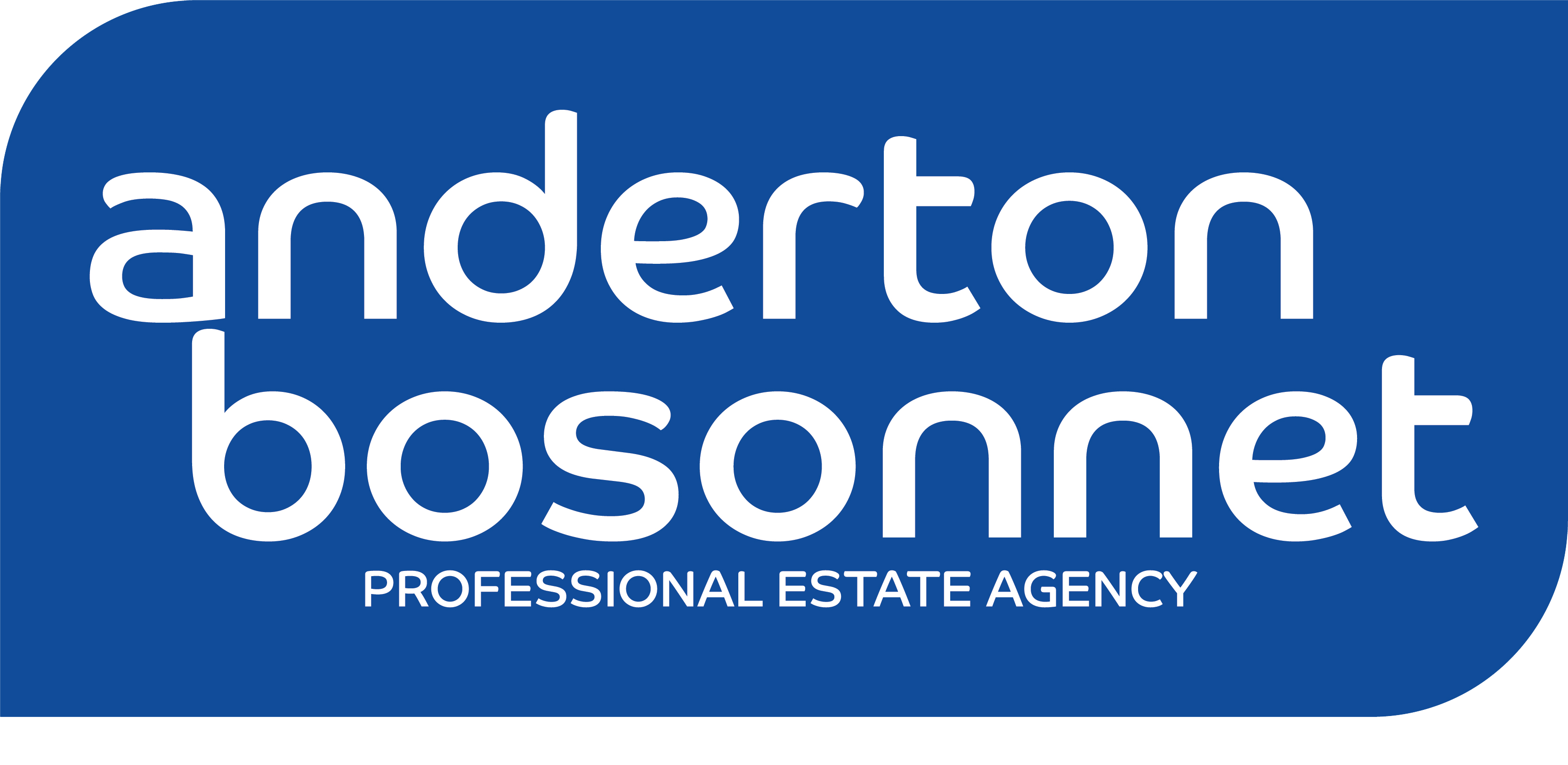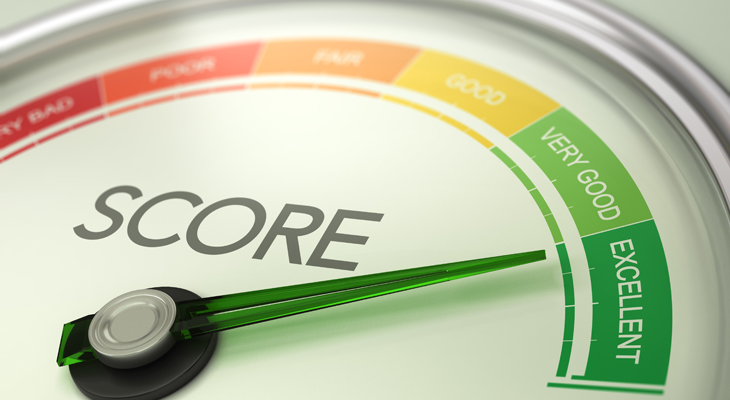A Guide to Understanding Credit Scores
Understanding credit scores can be tricky yet essential, as it affects your ability to borrow loans for mortgages. Below we will explain what a credit score is, how it’s calculated and what to do if you have a bad credit score.
What is a credit score?
Companies known as 'credit reference agencies' (CRAs) collect information on you to assess how well you manage your finances. They will generate a ‘credit score’ based on this information. Lenders such as banks, credit card companies and mortgage lenders will use this score/information to look for low-risk borrowers who have a history of making repayments on time, so it’s vital to know your credit score and determine whether you’d be a suitable candidate for a loan, especially if you would like to apply for a mortgage.
How is a credit score calculated?
Experian, Equifax and Transunion are three credit reference agencies (CRAs) that calculate credit scores and create reports based on your credit history. The CRA’s are sent information about your credit from lenders, and this is how they calculate your score. Your score may be checked if you make a big purchase on finance, take out an insurance policy, apply for a loan, or apply for a mortgage or to rent a property. It’s required by law to have free access to your credit report, so checking is simple.
How do I check my credit score?
In the UK, companies called ‘credit reference agencies’ (CRAs) compile information on how well you manage credit and make your payments.
The three main CRAs are:
- Experian
- Equifax
You can check your credit report/score by visiting their websites above. The score will differ between each CRA as they assess things differently. However, if you have a 'good' score with one CRA, you'll more than likely have a 'good' score with another.
What do the numbers mean on a credit report?
Experian is the largest CRA in the UK. Their credit score ranges from 0-999. Their range ranges from Very Poor, Poor, Fair, Good and Excellent. Other CRA's have their own scoring system, however, if you have a 'good' rating with one CRA, you're more than likely to have one with another.
The higher your credit score, the more likely you'll be approved for credit cards, loans and mortgages. You're also more likely to have access to better interest rates and high credit limits.
What's information is included on a credit report?
There is a wide range of information CRAs will collect in order to generate your credit reports. This will come from banks, building societies and credit card companies, that you have borrowed from, or currently owe money to.
What's included:
- Name, Address, DOB
- Past and present addresses
- A list of credit and current accounts
- How timely your repayments are
- Any previous fraud data
- Electoral roll details
- How much debt you have
- Any court judgments or bankruptcies
- Details of people you’re financially linked with
What's not included:
- Salary and amount in your current account
- Savings
- Student loans
- Criminal record
- Medical history
- Parking or driving fines
- Council tax arrears
I have noticed an error on my credit report, what can I do?
If you have noticed an error on your credit reports, such as an incorrect address or a fraudulent credit card application, it's important that you contact the CRA or the company that provided the information to get it removed.
Mistakes are on your credit report can affect your ability to borrow in the future.
What do I do if I have a poor credit score?
If you have a poor credit score, there are numerous ways to improve your score, so don’t fret.
Improving your credit score
- Register on the electoral roll
- Notify CRAs if there are any mistakes on your credit report
- Regularly check for fraudulent activity
- Pay bills on time
- Limit the number of credit applications you make
- Cancel unused credit cards
- Keep credit usage low
Sign up to the Rental Exchange
The Rental Exchange is a scheme set up by Experian and Pig Issue Invest, aimed at social housing and private rental tenants. It allows tenants to be recognised for paying rent on time, as timely payments can improve credit score.
What can harm your credit score?
- High levels of debt
- Missing repayments
- Not being on the electoral roll
- Changing address frequently
- Applying for credit regularly
- Mistakes on your credit report
For more information, Sainsbury’s Bank has created a guide to help you improve your credit score.






